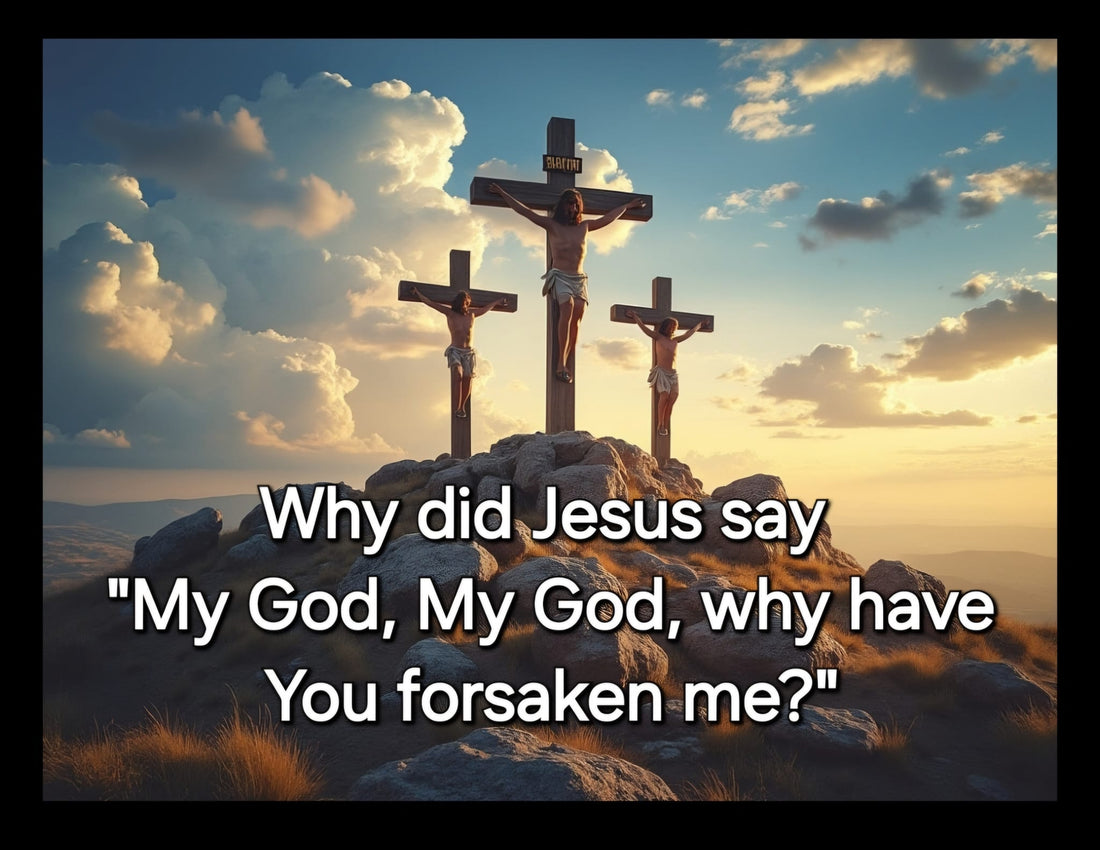
My God, My God, Why have you forsaken me.
Daniel JusticeShare
When Jesus spoke these words on the cross he was quoting the Psalmist by saying, "My God, my God, why have you forsaken me?" (Psalm 22:1), this act is rich with theological, historical, and literary significance.
Jesus, in his fully human nature, experienced the depths of human suffering, including feelings of abandonment. Quoting this Psalm could reflect his own sense of isolation and pain.
Many Christians interpret Psalm 22 as a messianic prophecy, with numerous details mirroring the events of Jesus's crucifixion. By quoting it, Jesus is indicating the fulfillment of these prophecies, showing that his suffering was part of God's plan.
Jesus's quotation also serves to identify with all those who feel forsaken or in despair, showing that even the Son of God experienced such feelings, thereby offering comfort to believers in their times of trial.
This moment symbolizes the bearing of humanity's sin, where Jesus experiences a form of separation from God due to taking on the sins of the world, which are anathema to God's holiness.
In Jewish tradition, quoting the first line of a Psalm often invokes the whole Psalm. Psalm 22, despite starting with despair, ends in praise and confidence in God's deliverance. This could imply Jesus's trust in God's ultimate vindication.
It could also be seen as a raw, emotional expression of Jesus's feelings at that moment as well, reflecting the depth of his suffering and the human aspect of his divine nature.
Even in his suffering, Jesus might be teaching his followers about the nature of faith, suffering, and redemption, showing that faith can coexist with feelings of abandonment.
This was a song written a thousand years before Jesus crucifixion about Him and He quoted it in His most vulnerable and painful moment of suffering to reach 2000 years into the future, to touch all the hearts of those who read it today.
